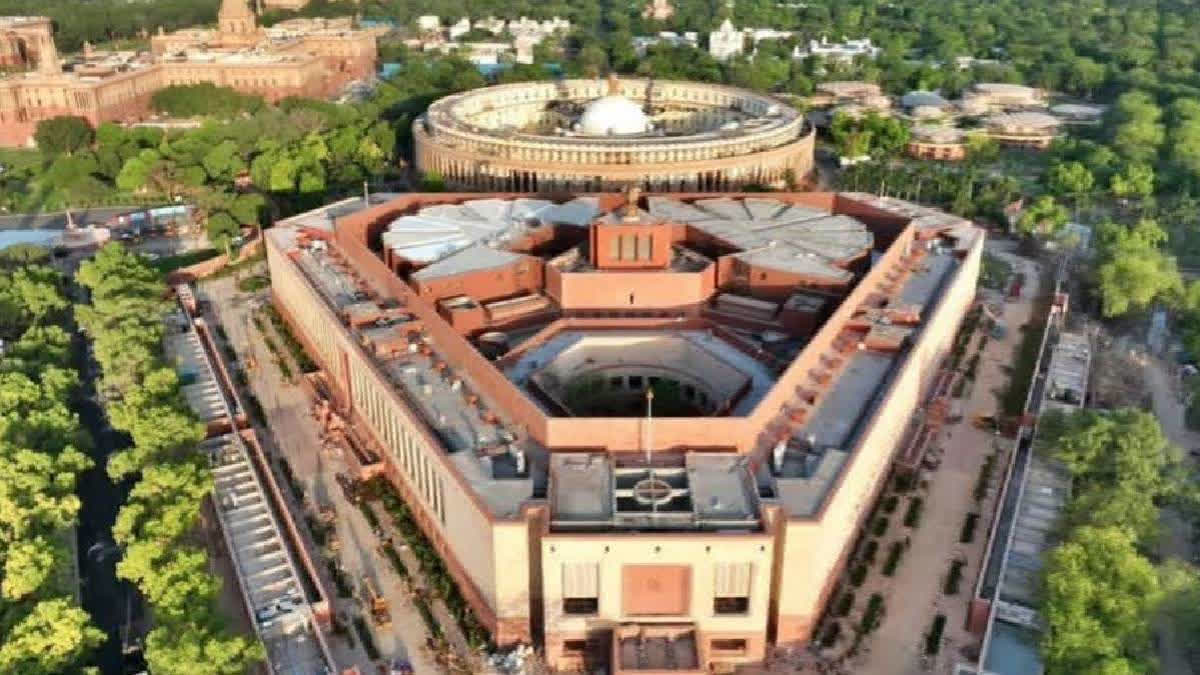New Delhi: In a significant development ahead of the five-day special session of Parliament, the contentious "Chief Election Commissioner and other Election Commissioners (Appointment, Conditions of Service and Term of Office) Bill" was conspicuously absent from the list of eight bills presented to the opposition during the government's all-party meeting on Sunday. Sources revealed that the government is contemplating potential amendments to the bill, which has garnered widespread opposition due to its far-reaching implications on the appointment and status of election officers.
The bill, which has been at the centre of a growing controversy, proposes a significant shift in the role and stature of the Chief Election Commissioner (CEC) and other Election Commissioners (ECs). Most notably, it seeks to strip them of their status as Supreme Court judges. Furthermore, the bill suggests that the salaries, allowances, and service conditions of the CEC and ECs should be aligned with those of the Cabinet Secretary—a proposition that has faced strong resistance from the opposition.
Another contentious aspect of the bill is its proposal to replace the Chief Justice of India on the panel responsible for advising the President on the appointment of election commissioners. Instead of the Chief Justice, the bill suggests a member of the Cabinet nominated by the Prime Minister should serve on the panel.
This proposed alteration contradicts a Supreme Court judgment from March, which stipulated that the panel should consist of the Prime Minister, the leader of the opposition in the Lok Sabha, and the Chief Justice of India. Opposition parties have vehemently objected to this provision, arguing that it could potentially compromise the fairness of elections.
Notably, Arvind Kejriwal, the leader of the Aam Aadmi Party, has accused Prime Minister Modi of failing to adhere to the Supreme Court's order, deeming the situation "very dangerous."
During the all-party meeting, Parliamentary Affairs Minister Pralhad Joshi refrained from mentioning the controversial bill in question. When pressed about whether the CEC and EC bill would be up for discussion and passage, he provided an evasive response, stating, "What I have to say, I have said."
While the debate over the controversial bill took centre stage, several political parties from both the ruling NDA and the opposition INDIA bloc strongly advocated for the passage of the women's reservation bill during the forthcoming five-day parliamentary session, which is set to commence on Monday.
Additionally, a special discussion on Parliament's 75-year journey, starting from the Samvidhan Sabha, is listed on the agenda for today's session, offering an opportunity for reflection on the institution's historical evolution.



